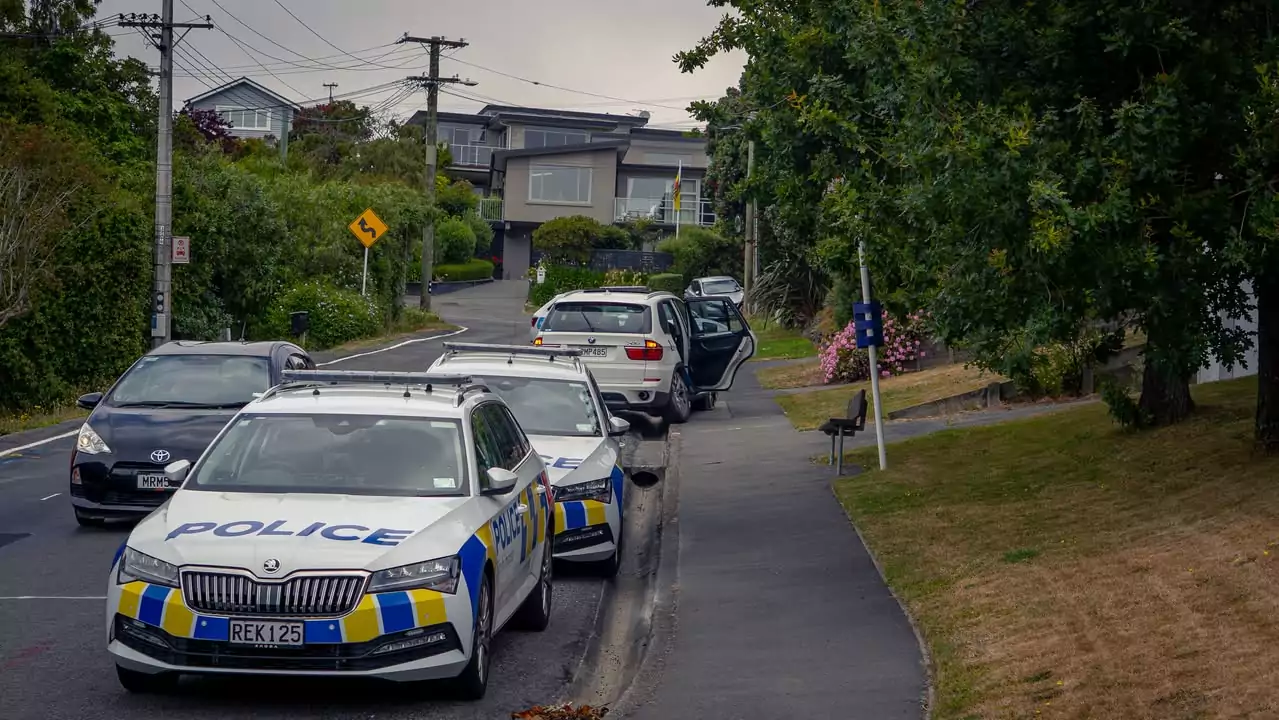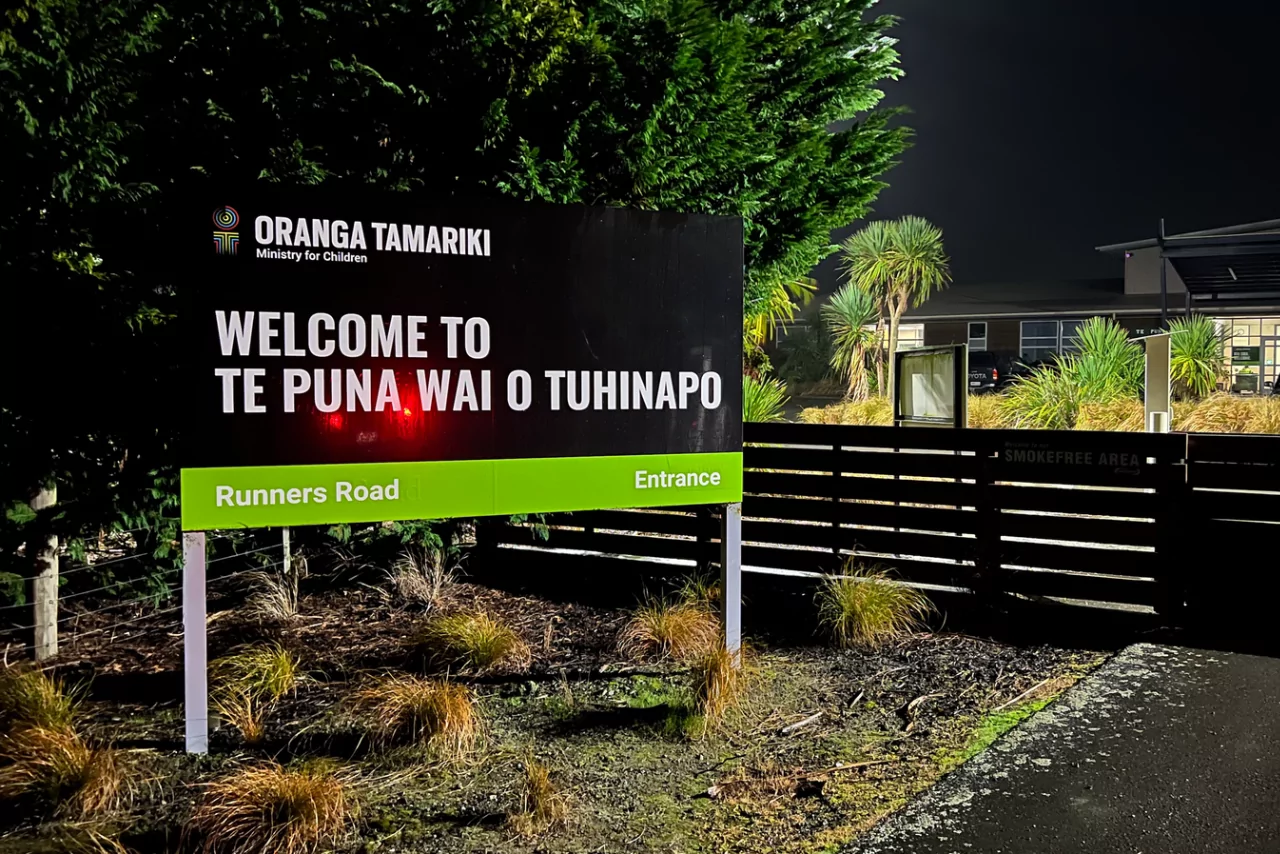Christchurch mouldy lunches investigation traced to meals left at school says investigation
A New Zealand Food Safety full investigation into the mouldy lunch scandal at Haeata Community...

Christchurch has become the first city council in New Zealand to stop doing business with organisations involved in Israeli settlements in occupied Palestinian territories.
The largely symbolic decision came after a passionate deputation by John Minto, president of the Palestine Solidarity Network Aotearoa, who urged the council to take a stand against companies identified by the United Nations Human Rights Council as complicit in the construction and maintenance of these settlements.
The council’s vote to support the policy was met with cheers from the public gallery.
Minto described the decision as a significant step towards aligning with international law and supporting Palestinian rights.
“In relation to the council adopting a policy lined up with the United Nations Security Council Resolution 2334, this resolution was co-sponsored by the New Zealand government back in 2016,” Minto said, referencing the resolution’s assertion that Israeli settlements in the occupied Palestinian territories “had no legal validity and constituted a flagrant violation under international law.”
He said the resolution called for a distinction to be made between the State of Israel and the territories occupied since 1967, with a database of companies involved in settlement activities compiled to assist governments.
Minto said that the policy had bipartisan support within New Zealand’s political landscape.
“The current Aotearoa New Zealand government supports this UN Security Council Resolution 2334, as do all opposition parties. It’s a unified stance from our politicians,” he said.
He described a dire picture of the current situation, citing Israel’s recent election of what he called its “most extreme ethno-nationalist government ever” in December 2022.
He said the government had escalated the repression of Palestinians and made clear its refusal to negotiate for peace or the formation of a Palestinian state.
Instead, the government prioritised expanding settlements, with more than 5,000 additional houses announced in June 2023. “Palestinians are being driven off their land by Israeli settler gangs emboldened by the genocidal rhetoric of Israeli leaders,” Minto said.
Minto linked the expansion of settlements to the broader conflict, arguing that the ongoing occupation and the failure of Western governments to hold Israel accountable contributed to the eruption of violence on October 7 last year.
He accused Israel of war crimes, including “genocide, apartheid, ethnic cleansing, collective punishment, wholesale killing of civilians, destruction of civilian infrastructure, and the use of starvation as a weapon of war.”

University of Canterbury lecturer Josephine Varghese
University of Canterbury lecturer Josephine Varghese said “the figure of deaths is at 44,000 of which at least 15,000 are children. Boycotting products and services which support and benefit from colonisation and apartheid is the long standing peaceful means of protest adopted by freedom fighters across the world, not only by black South Africans against apartheid, but also in the Indian independent struggle By the lights of Gandhi.
“This is a rare opportunity for us to follow in the footsteps of these greats and make a historic move, not only for Christchurch City, but also for Aotearoa, New Zealand.
“On March 15, 2019, we made headlines for all the wrong reasons, and today could be an opportunity where we make headlines global. globally for the right reasons” Varghese said.
“A performative motion that does not help any Palestinian”
Viktoriya Lukiyanyuk, a member of the local Jewish community challenged the council’s decision, questioning why it was taking a position on the Israeli occupation of the West Bank while remaining silent on other issues.
“I would like to ask the councillors why they intend to take a position, when they have never outwardly taken a position on the illegally occupied land taken from Māori during the land wars or any other countries in the world,” Lukiyanyuk said.
She also raised concerns about the consistency of the council’s stance, noting that while they were following one United Nations recommendation, they had not adopted others. “I would also like to ask the councillors why they intend to follow this particular UN recommendation when they do not uphold other UN recommendations, such as UNDRIP Article 25 of the Universal Declaration of Human Rights, the UN 2030 Agenda, the International Covenant on Economic, Social and Cultural Rights, and many other United Nations guidelines and proposals,” she said.
“As a person who has Ukrainian family members who have come to Aotearoa on the special Ukraine visa, I ask why the councillors are entertaining a performative motion that does not help any Palestinian,” she said.
She suggested that the council use its influence to pressure the central government into establishing a special Palestinian territory visa instead.
She also pointed out that the council’s agenda indicated Christchurch City Council was not currently doing business with any organisations listed by the United Nations Human Rights Council.
“You yourself have said in the agenda that the Christchurch City Council does not currently do business with any organisations included on the United Nations Human Rights Council’s list,” she added.
Lukiyanyuk argued that the motion was not only unnecessary but also burdensome. “After all, I believe this item is not only a waste of ratepayer money, a waste of citizen and councillor time, but it’s also a giant bureaucratic burden, as your own agenda states that exemptions approved by the chief executive will override this policy,” she said.


